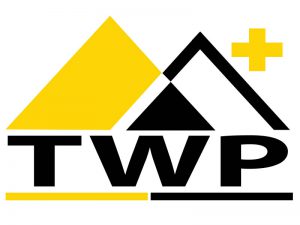Evaluating How Modern Plumbing Systems Influence Environmental Sustainability
In today’s world, where sustainability is becoming increasingly crucial, seeking professional advice on how to upgrade our infrastructure can lead to significant improvements. Innovative water management technologies not only streamline our water usage but also foster a greener planet.
By investing in modern installations, individuals and businesses can experience remarkable environmental benefits. Effective designs ensure minimal waste and promote a culture of water conservation, empowering communities to take actionable steps towards reducing their ecological footprint.
As we delve into this topic, we will explore various methods and techniques that highlight the importance of responsible water utilization, showcasing how informed choices can pave the way for a more sustainable future.
How Low-Flow Fixtures Contribute to Water Conservation
In recent years, low-flow fixtures have gained prominence as a crucial component in efforts to enhance resource management. These devices, designed to reduce water usage without sacrificing performance, play a significant role in promoting water conservation. By minimizing the amount of water utilized during everyday tasks such as showering, washing dishes, and flushing toilets, low-flow fixtures effectively diminish overall household water consumption.
The adoption of these innovative devices yields numerous environmental benefits. Firstly, decreased water use translates directly into lower energy demands for heating water, which further lessens the carbon footprint associated with energy production. Additionally, reduced water extraction from natural sources helps preserve local ecosystems, maintaining biodiversity and ecosystem health.
For homeowners and businesses contemplating the transition to low-flow options, seeking professional advice can be invaluable. Experts can provide insights on the most suitable fixtures that align with specific needs and preferences, ensuring that users can reap the maximum advantages of water conservation while enjoying modern functionality. By embracing low-flow technology, individuals contribute to a sustainable future and foster a collective commitment to protecting precious resources.
Role of Smart Technologies in Reducing Waste
Advancements in modern technology are revolutionizing water usage in households and industries. Smart fixtures and monitoring tools play a crucial role in minimizing excess consumption and promoting conservation efforts. By offering real-time data and insights, these innovations empower users to make informed decisions about their water habits.
IoT (Internet of Things) devices, such as smart meters and leak detection systems, facilitate immediate identification of issues that could lead to wastage. This proactive approach not only enhances sustainability but also encourages individuals to adopt practices that significantly contribute to preserving our vital resources.
Additionally, automated systems can adjust water flow based on usage patterns and needs. For instance, intelligent irrigation solutions optimize watering schedules, ensuring gardens receive the appropriate amount without unnecessary runoff. This tailored approach underscores the importance of technology in fostering responsible water management while delivering substantial ecological advantages.
Assessing the Carbon Footprint of Traditional vs. Modern Plumbing Systems
Analyzing the carbon emissions associated with conventional versus contemporary water distribution setups reveals significant differences in sustainability. Traditional configurations often rely on outdated technologies, leading to excessive water consumption and higher energy use for heating and distribution. These factors contribute to a larger carbon footprint, ultimately impacting climate change.
Conversely, advanced piping methods and innovations provide substantial environmental benefits. By utilizing low-flow fixtures and other modern enhancements, users can enjoy considerable reductions in water waste. This not only promotes water conservation but also diminishes the energy required to heat excess water, effectively lowering overall greenhouse gas emissions.
As society shifts towards greener alternatives, the adoption of modern infrastructures equips homeowners and businesses with tools to significantly reduce their carbon footprint. Resources like https://sweenyplumbingco.com offer insights into technologies that facilitate this transition, making it easier for individuals to make informed decisions that positively influence the environment.

